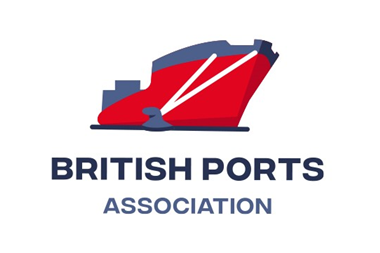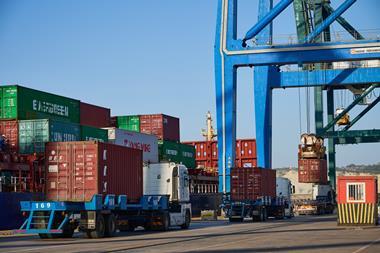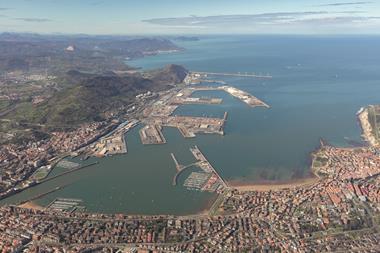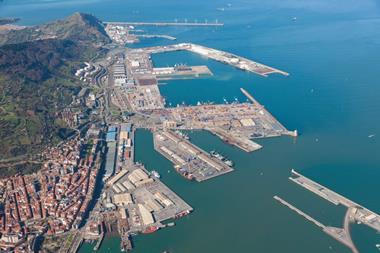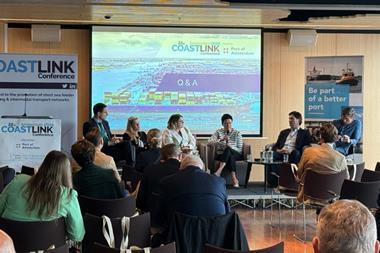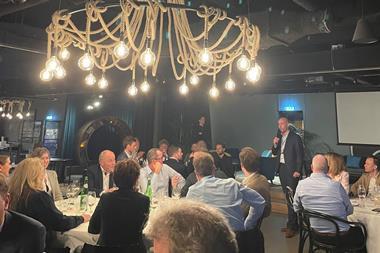Previous energy transitions – from sail to steam, from steam to fossil fuels – took decades, but in the transition from fossil fuels to green fuels, we don’t have decades to spare, delegates were told on Day 2 of the Coastlink conference.
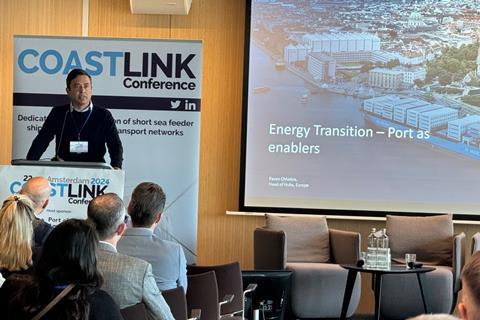
Giving his keynote address, Pavan Chhabra, Head of Hubs – Europe at Maersk, noted that steamships did not reach full dominance until a full century after the transition began; the transition from steam to fossil fuel took 50 to 60 years.
“We are moving into a new transition and time is shorter. We don’t have 50 or 60 years in front of us,” he warned. “This is the first generation and also the last generation that has to deal with the transition. But when we put our hearts and minds to it, we will get it done.”
Discussing progress so far, he was optimistic: “Five years ago, there was zero tonnage on green fuel. Today we have 170 ships on the orderbook globally. It’s not a linear curve – there is going to be a gradual slope and then I think there is going to be lift-off.”
Chhabra outlined Maersk’s commitment and strategy for decarbonisation through the business and continued investments in the transition to green over the past decade.
Maersk has opted for green methanol as its preferred choice for newbuilds; it is investing in EVs and focusing on low-carbon air and logistics operations.
On the ocean side, said Chhabra, there are ‘two levers’ to play with.
“First, the assets we deploy; there is a lot to do with design for retrofits of scrubbers but also newbuilds. Second, do the customers buy into the concept – are they willing to pay an additional price point for going green?”
Even without such a willingness, “we need to make the first move”, he said.
Maersk took delivery of its first methanol fuel enabled vessel, the 2,100 teu Lara Maersk in 2003; the vessel is operating in the Baltic, mainly serving lifestyle and retail customers. A whole new generation of methanol-enabled vessels is on order for delivery through to 2026-27.
Chhabra outlined the challenges of securing an efficient fuel supply, as well as the training and safety aspects. Green methanol is a first step and Maersk will be trying out other fuels, he added.
He compared the early green fuel adopters to the introduction of the iPhone in 2007: “I am pretty sure that 5-6% of the people who use iPhones today stood outside the store then to get it. We are seeing early adopters [of green fuels] queuing up, but we will start to reach the tipping point at 18% [of shipments loaded],” he said – he noted that a company can put the assets out there but progress depends on customers buying into the option.
“We believe we will hit a 25% target – not an asset target but when customers get on board – in 2030.”

